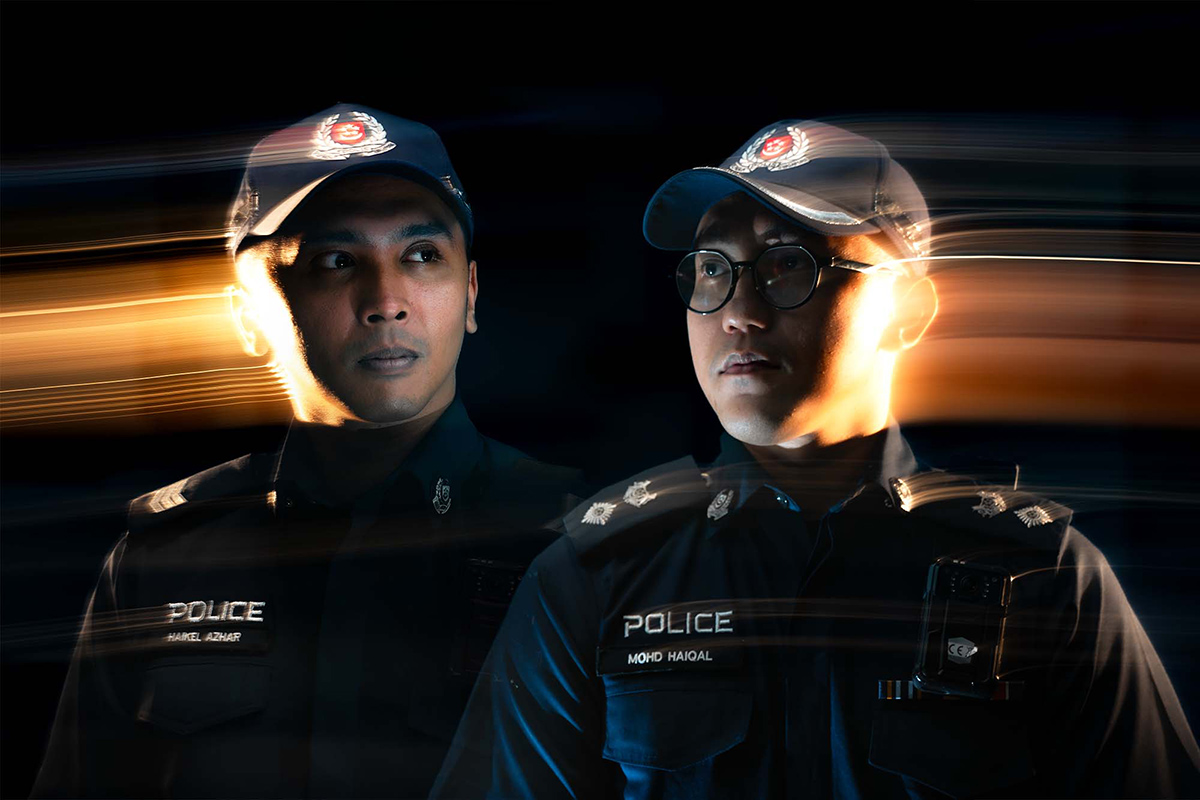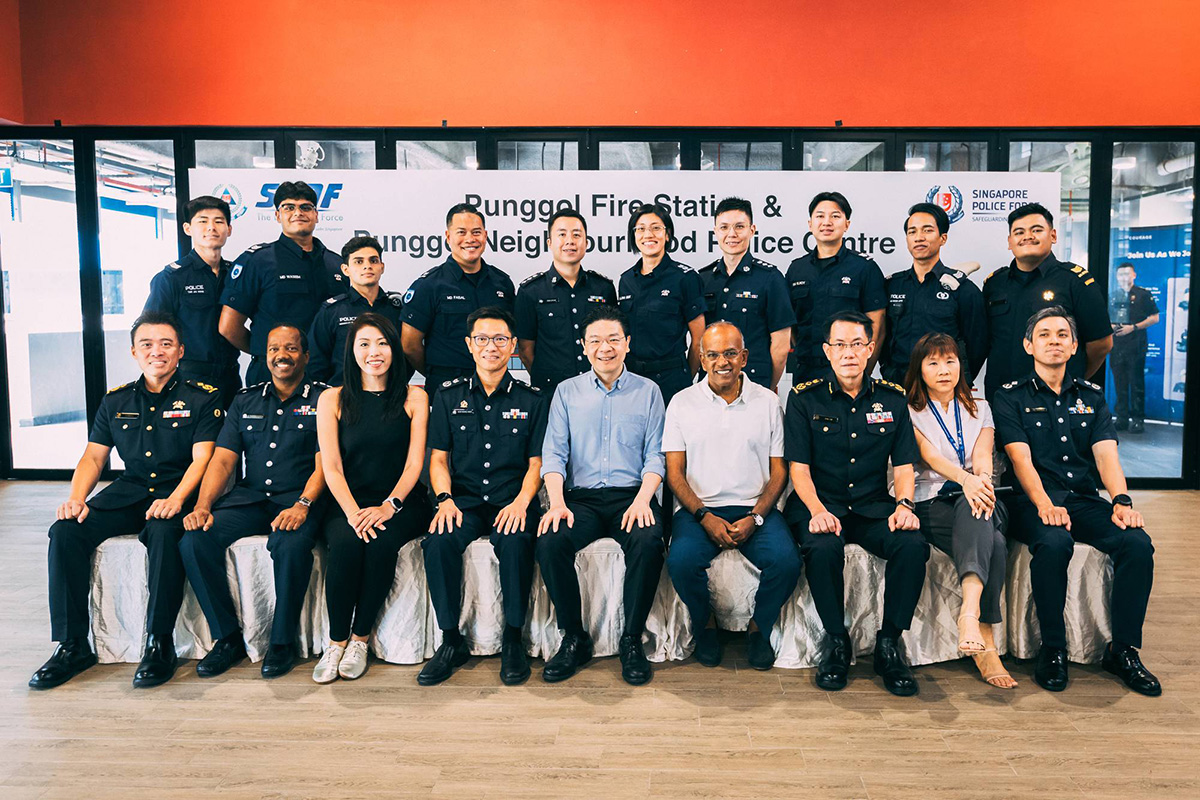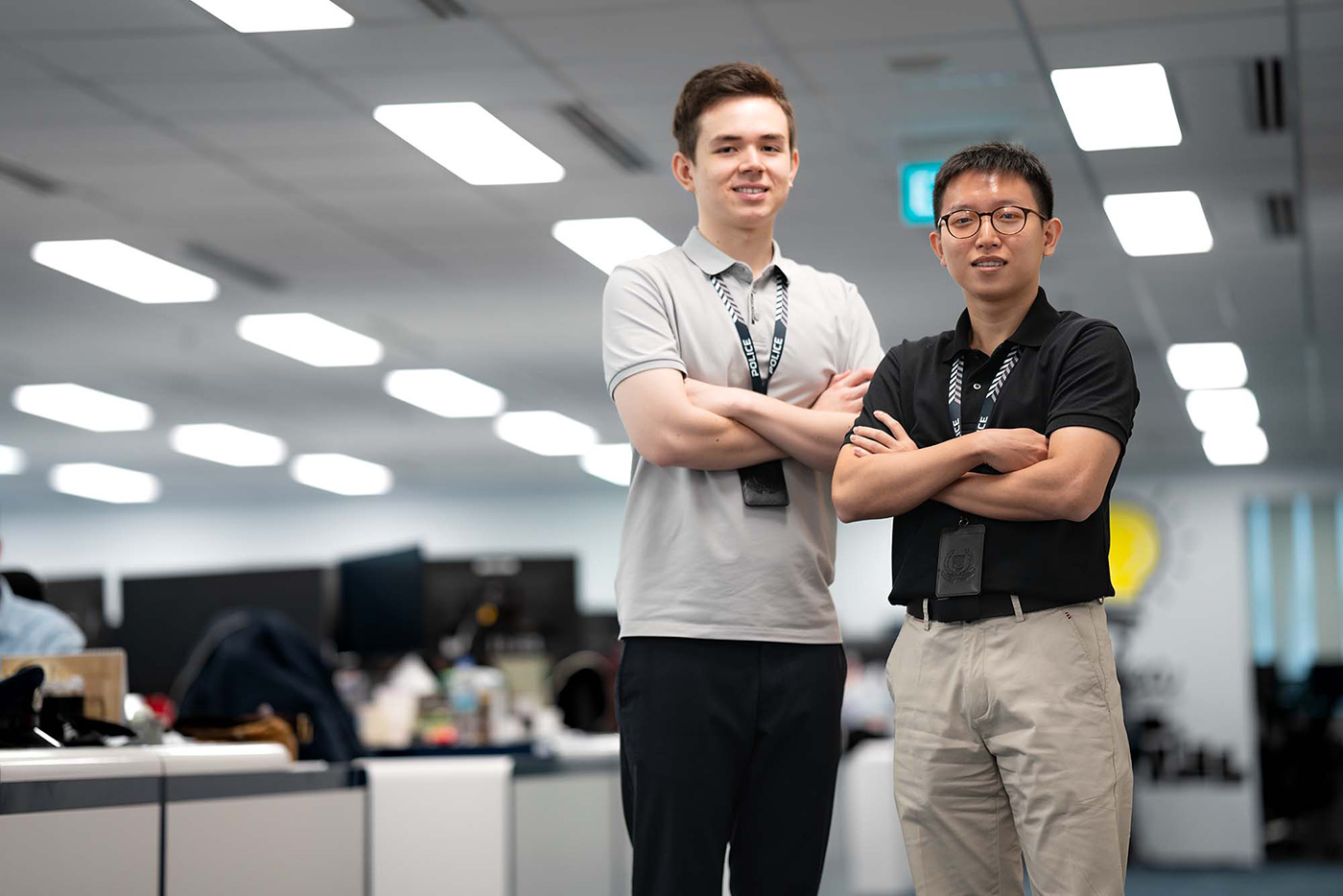Home › In The Force › What leadership means to him
Home › In The Force › What leadership means to him
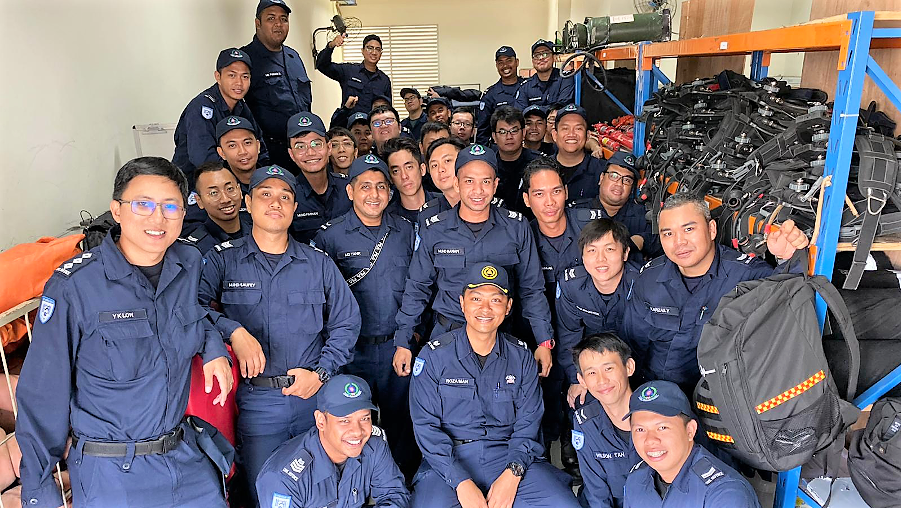
SCDF MAJOR (NS) Rozaiman Rosidi on the three leadership values that matter to him as a commander.
TEXT: SCDF / PHOTOS: SCDF
MAJ (NS) Rozaiman Rosidi, 39, enlisted for National Service in 2005 and was posted to the Singapore Civil Defence Force (SCDF). He completed a 9-month Basic Officers’ Course (BOC) and was posted to the Special Rescue Battalion (SRB) as a Platoon Commander. “As I matured from being a recruit to a commander, the camaraderie, knowledge and experiences gained were invaluable, and it shaped who I am today,” he reflected.
Currently a Deputy Commander of 21 Rescue Unit, MAJ (NS) Rozaiman was also appointed a Company Commander of the Operations Support Company (OSC) in 2019. He also serves as a HomeTeamNS Volunteer in the Audit Committee and was formerly in the Development Committee (North) in 2017.
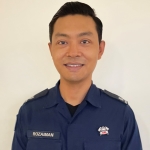 “As a leader, I strongly believe in achieving three things — empowerment, trust and effective communication.”
“As a leader, I strongly believe in achieving three things — empowerment, trust and effective communication.”
MAJ (NS) Rozaiman Rosidi
Under his leadership, his OSC achieved the highest score in logistics management among the RBN units for three consecutive years. MAJ (NS) Rozaiman is delighted with the unit’s achievements and he added that being able to grow professionally together with his team has made him proud to serve as an NSman.
LESSONS IN LEADERSHIP
“As a leader, I strongly believe in achieving three things — empowerment, trust and effective communication,” said MAJ (NS) Rozaiman. Here are his thoughts on these three key elements of leadership.
Empowerment
“I believe that by empowering my men with tasks big or small, they will in turn take ownership of their work and responsibilities. The art of empowerment also requires you to recognise their achievements by complimenting them. Conversely, for any of their shortfalls, it would be a lesson for all to learn from and to be resolved so we can emerge stronger from it.”
Trust
“I trust my team. At the same time, I strive to earn my team’s trust. Therefore, I make it a point to get to know every one of them and give them the opportunity to get to know me. I believe that when they trust me, they are better able to appreciate my thoughts and decisions. When faced with challenges, they know that they are not alone for I am right beside them, guiding them through thick and thin.”
Effective communication
“I tend to emphasise open communication such as giving and receiving feedback when working with my team. I seize opportunities to solicit their feedback on how we can improve. I make it a point to explain the larger objectives to my team, as well as the constraints and expected challenges. This helps them better appreciate their respective roles and what lies ahead to get things done effectively. This is how I practise effective communication.”


